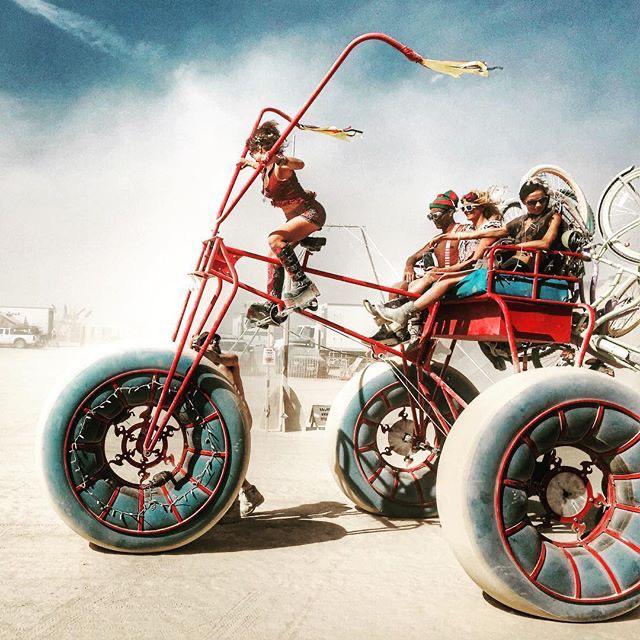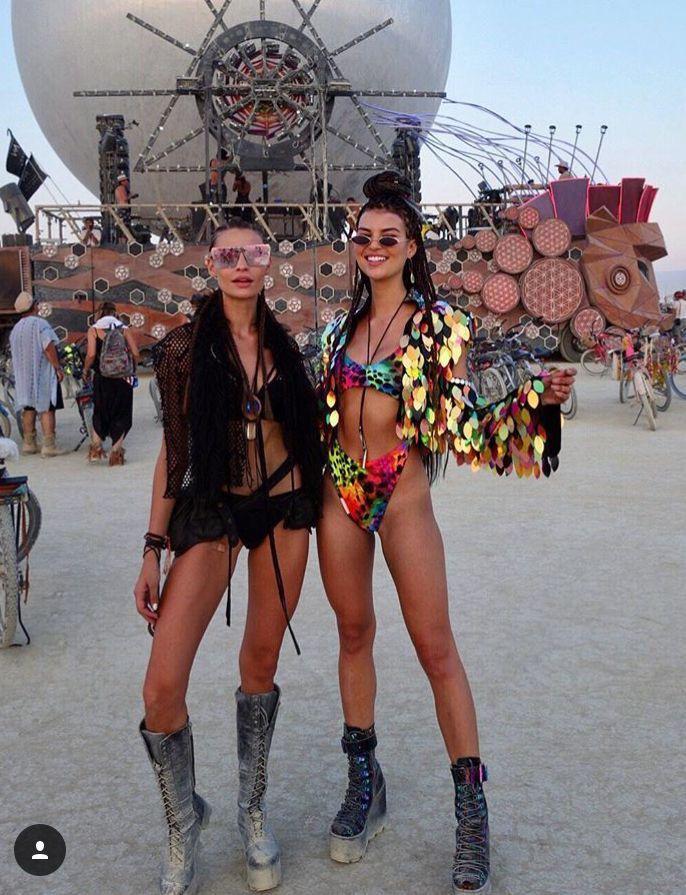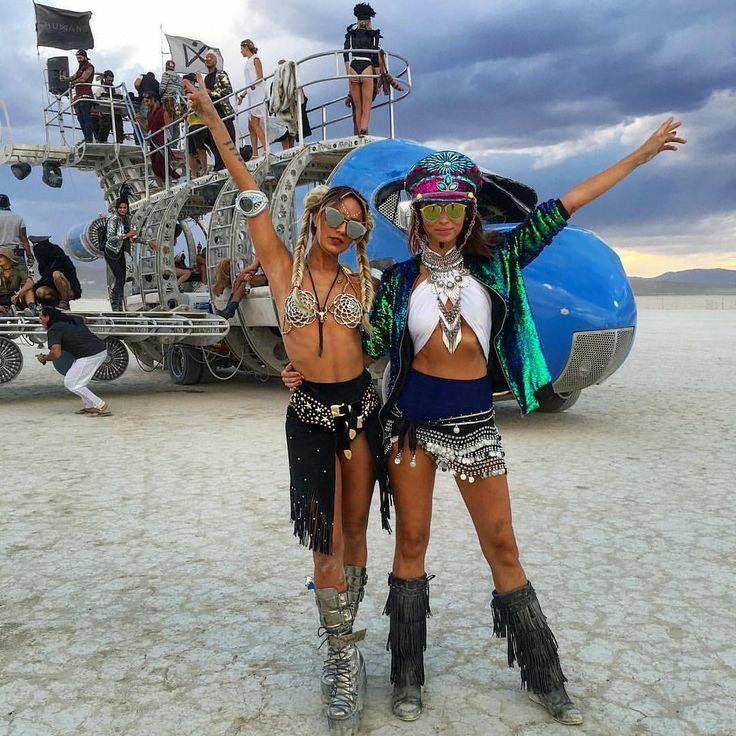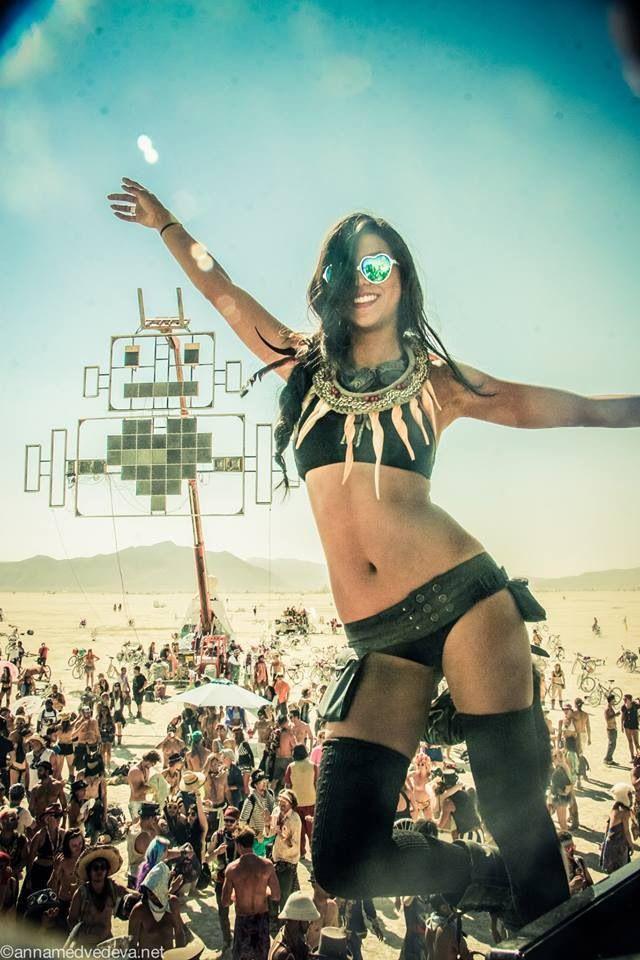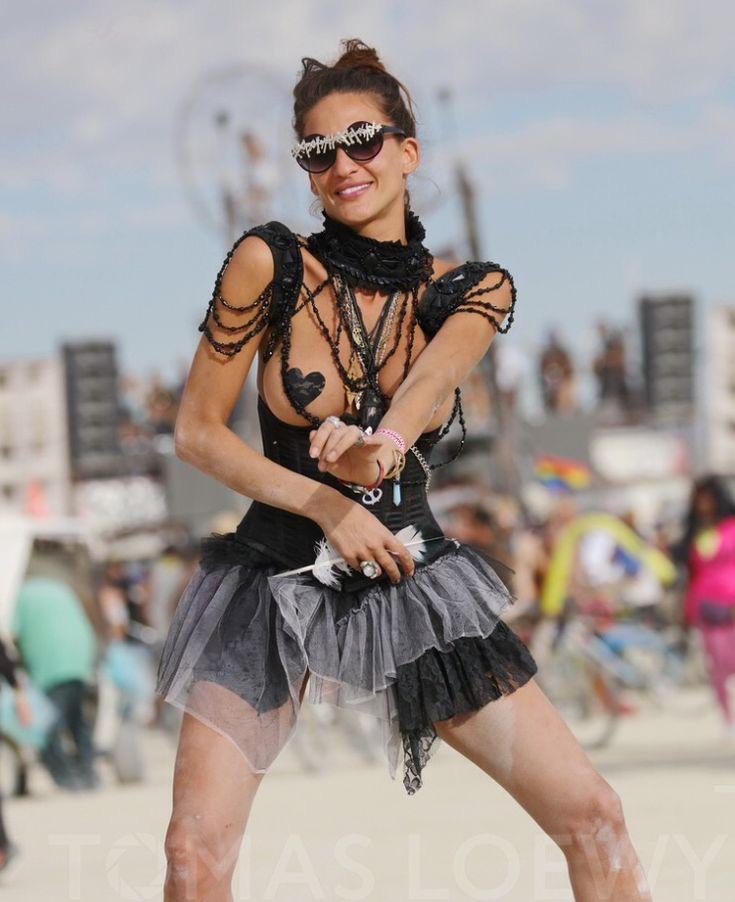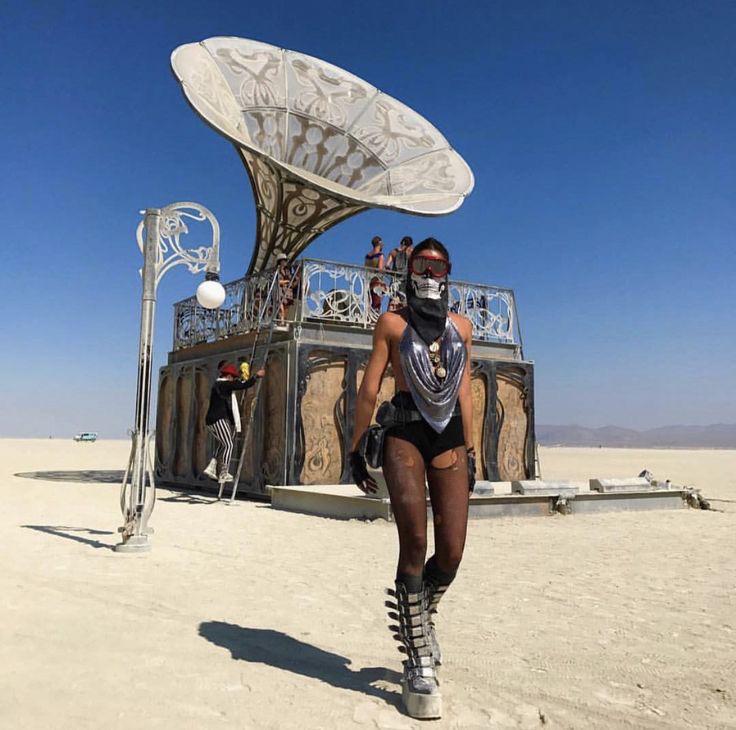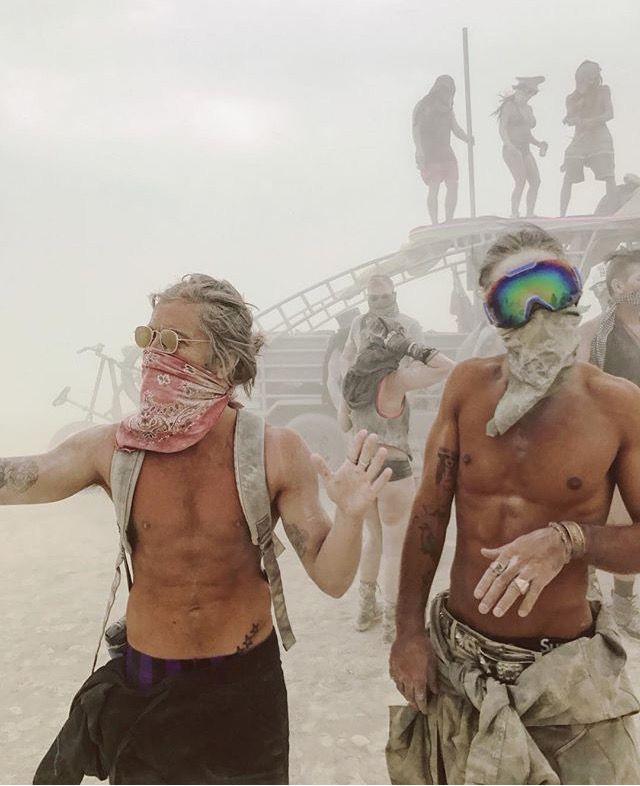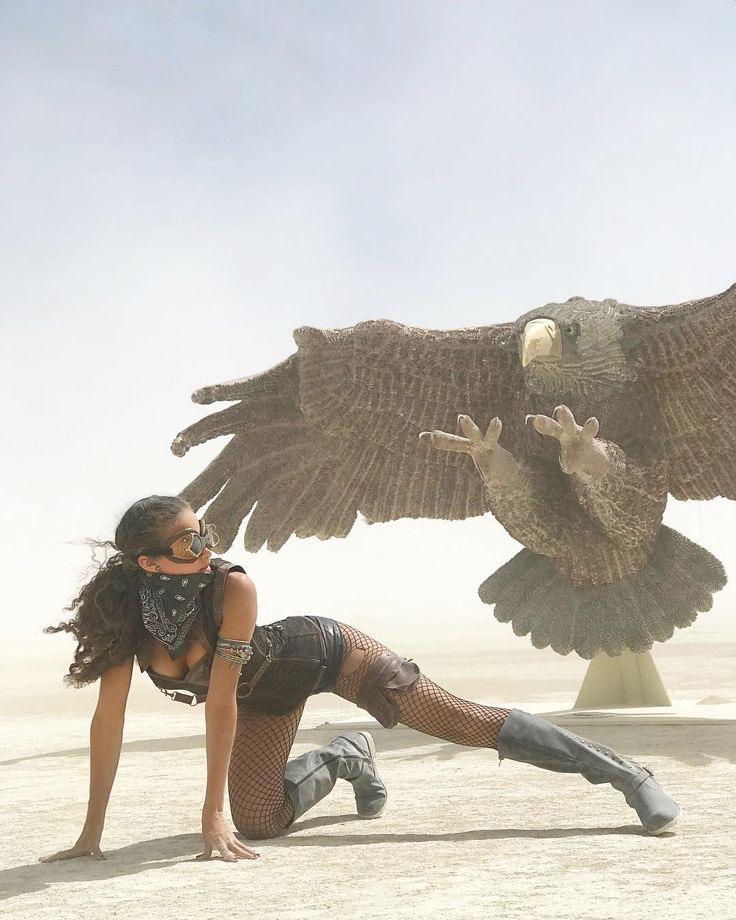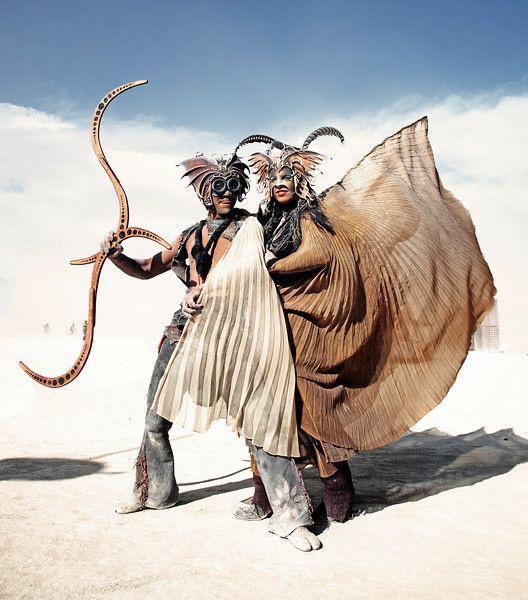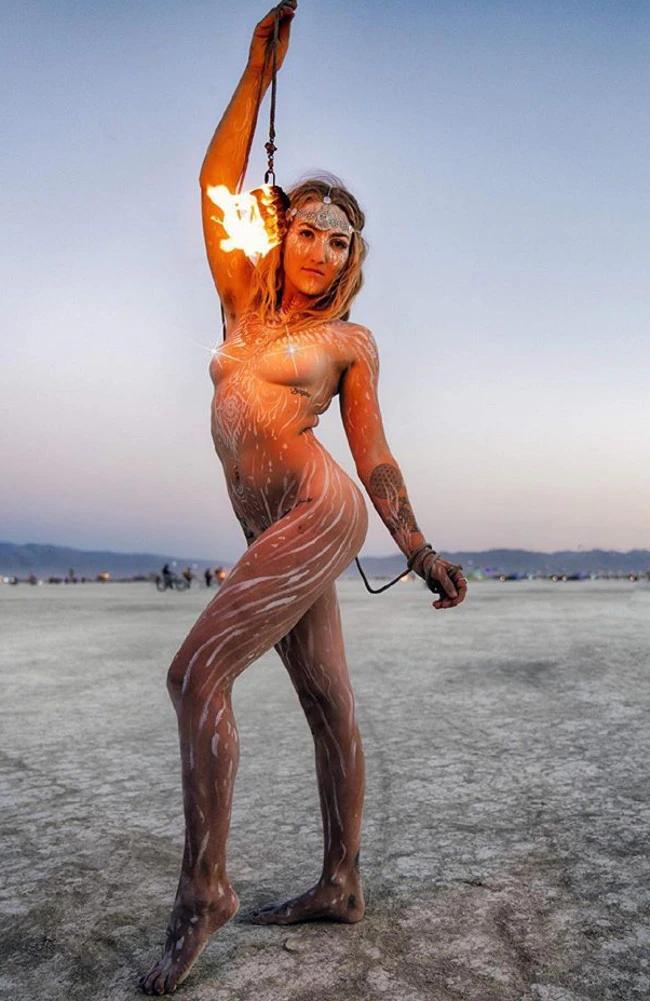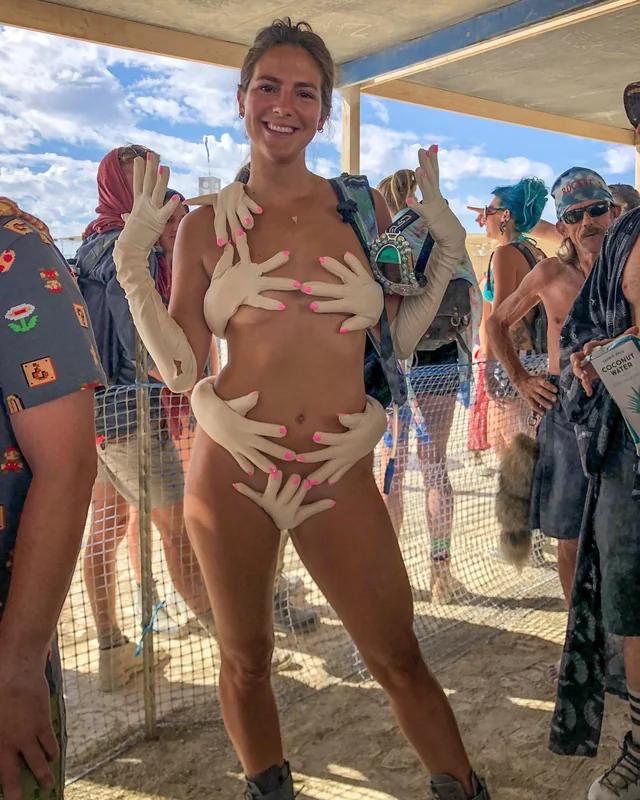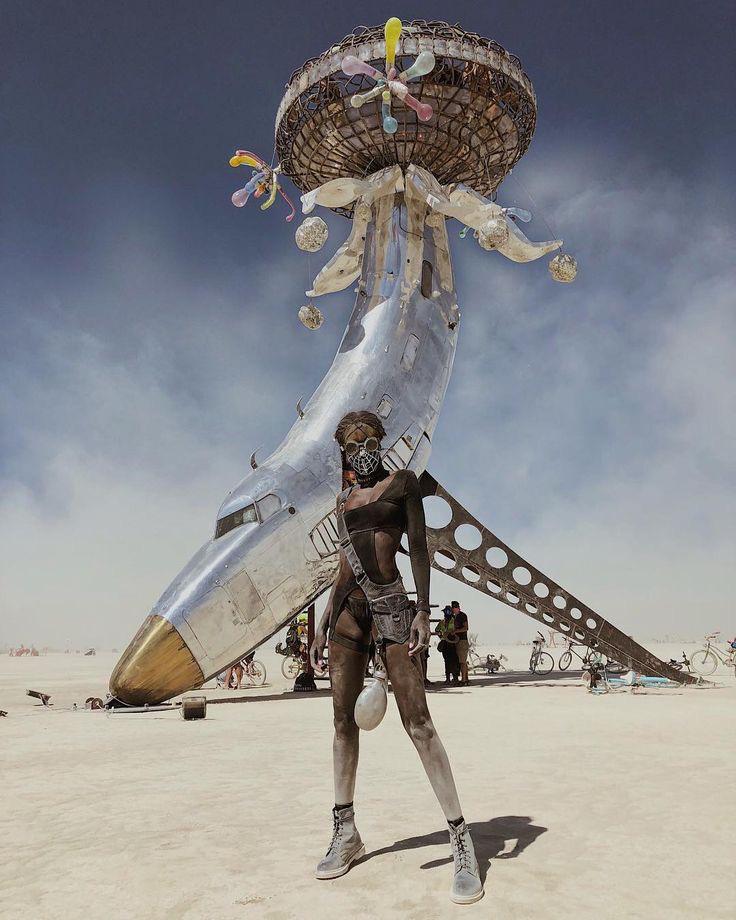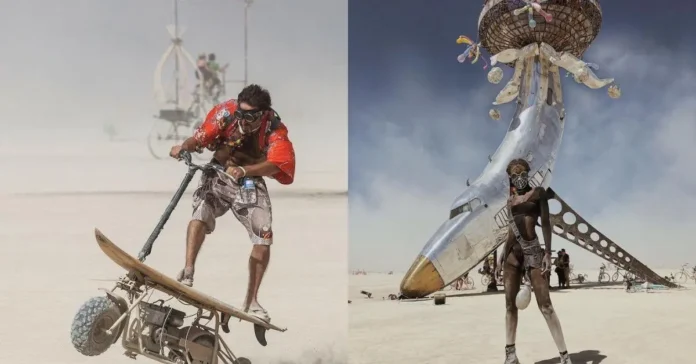Burning Man is a week-long event that takes place each year in the Black Rock Desert of Nevada, USA. It’s not just a festival but a vibrant, temporary city known as Black Rock City, where participants come together to create art, experience community, and immerse themselves in unique cultural and self-expressive activities. Here’s a closer look at what makes Burning Man such a distinct experience.
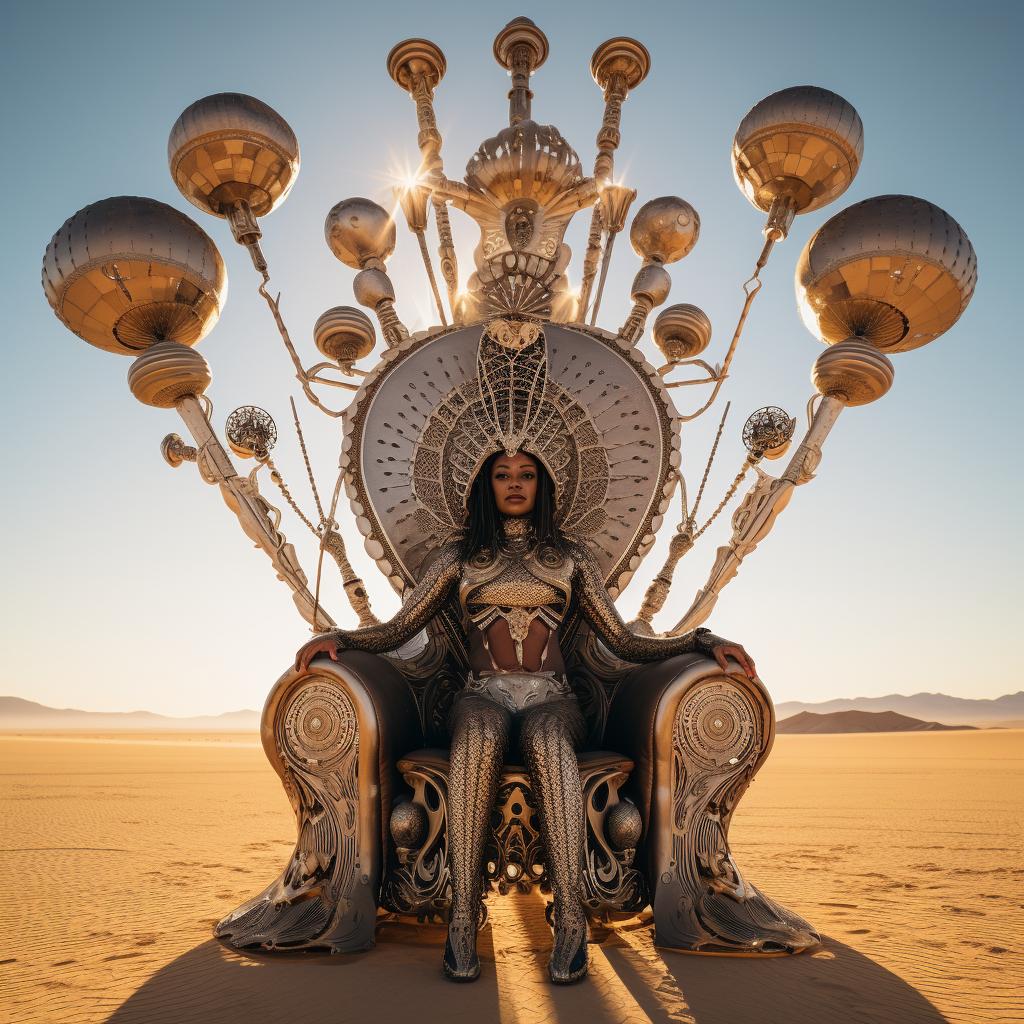
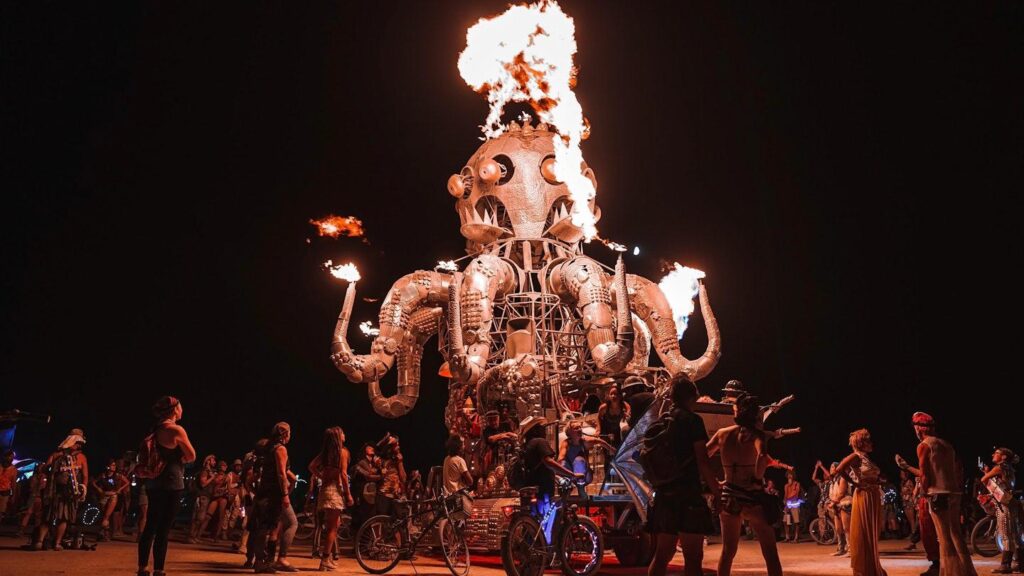
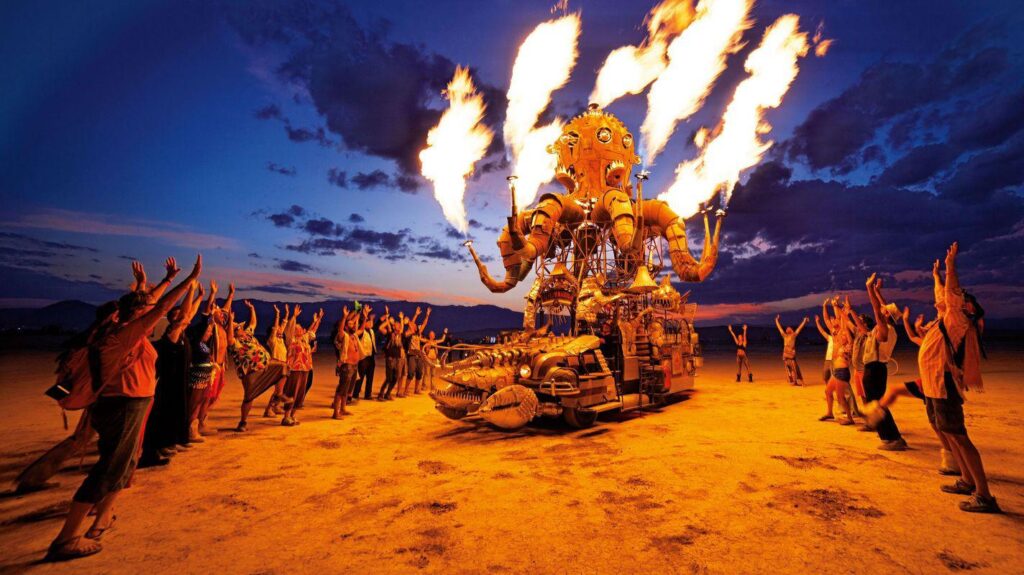
The Origins of Burning Man.
Burning Man began in 1986 as a small gathering on Baker Beach in San Francisco, California when founder Larry Harvey and a few friends burned an 8-foot wooden effigy on the beach to celebrate the summer solstice. The event grew, and in 1990, it moved to the Black Rock Desert. Over the years, it expanded, evolving into a countercultural phenomenon attended by tens of thousands of people from around the world.
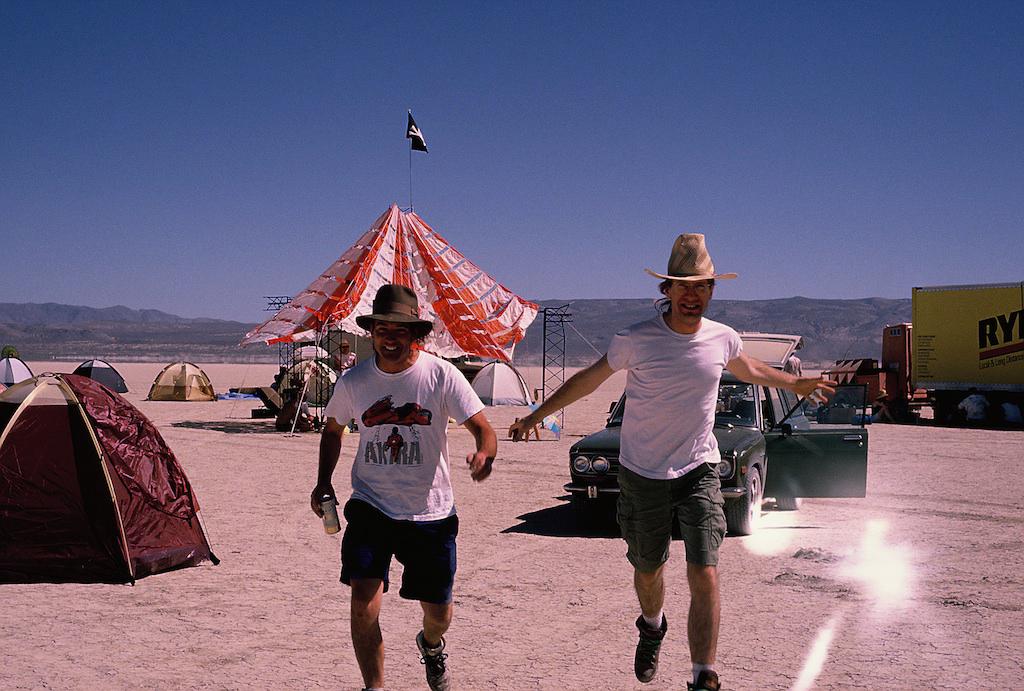
Since 1986
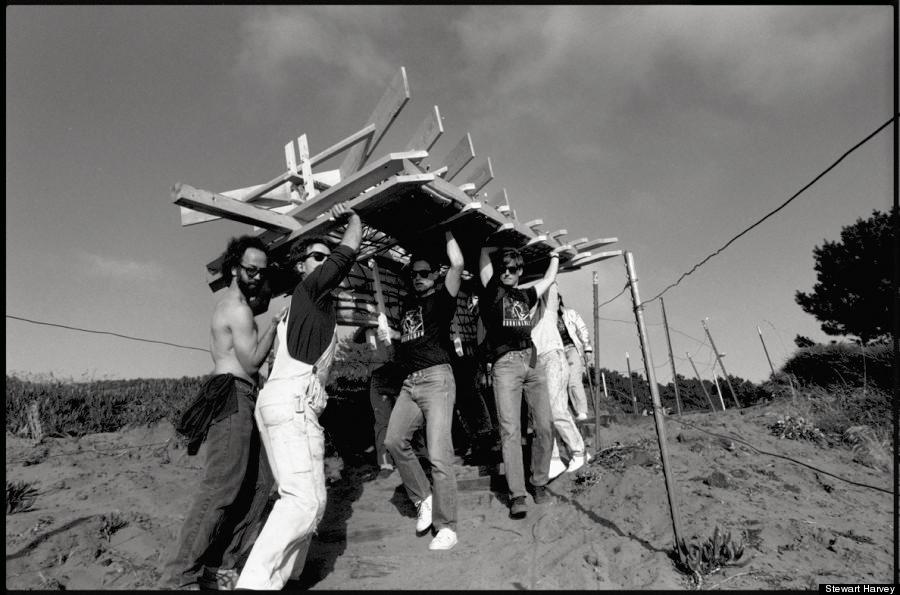
Part of the Man arrives on Baker Beach.
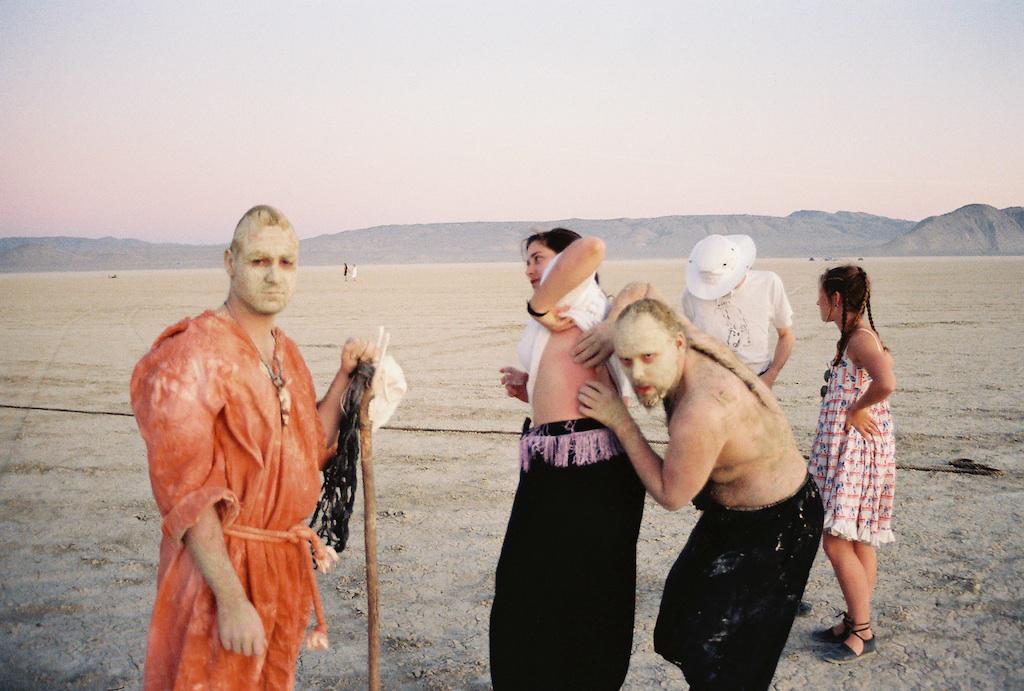
The Ten Principles.
Burning Man is guided by ten principles, established by Harvey in 2004, to encapsulate the spirit of the event. These principles are:
1. Radical Inclusion – Everyone is welcome to participate, with no prerequisites.
2. Gifting – Burning Man operates on a gift economy where participants give gifts, experiences, or services to others without expecting anything in return.
3. Decommodification – There’s no commercial sponsorship or advertising, emphasizing a non-consumer experience.
4. Radical Self-Reliance – Participants are encouraged to be self-sufficient and bring their supplies.
5. Radical Self-Expression – People are encouraged to freely express themselves through art, costumes, and performance.
6. Communal Effort – Collaboration and cooperation are central.
7. Civic Responsibility – Everyone is responsible for the safety and well-being of the community.
8. Leaving No Trace – Environmental responsibility is emphasized, and participants clean up everything they bring.
9. Participation – Everyone actively engages in the event.
10. Immediacy – Being fully present and engaging at the moment is key.
These principles shape the behaviors and ethos of the Burning Man community.

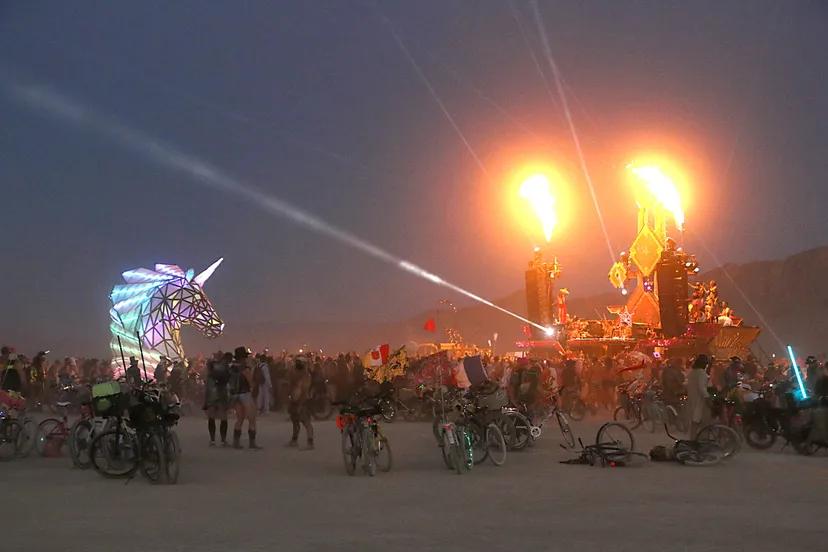
Art and Creativity at Burning Man.
One of the hallmarks of Burning Man is the impressive array of art installations. Each year, artists construct massive, often interactive, sculptures and structures, many of which are ultimately set on fire. The art pieces are typically temporary and built specifically for the event. From surreal sculptures and moving mechanical art to immersive soundscapes, the creativity at Burning Man is boundless.
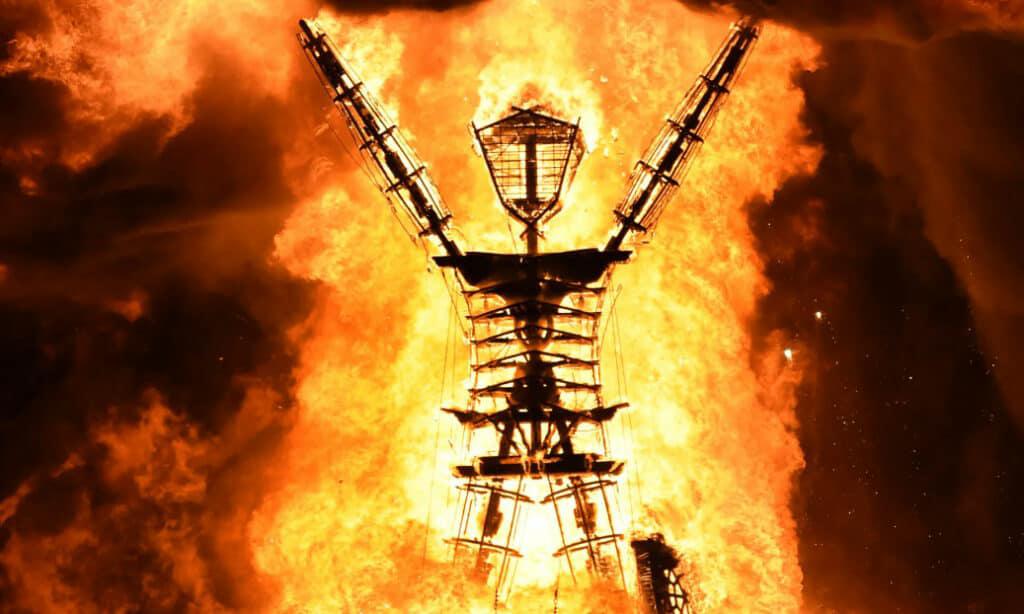
The Temple and the Man.
Two of the most iconic structures at Burning Man are the Temple and “the Man,” a large wooden effigy that changes design yearly.
- The Man:
Every year, the design of the Man varies based on the theme of the event. It stands as a symbol of the Burning Man experience, and on the final Saturday night, it’s ceremonially set ablaze.
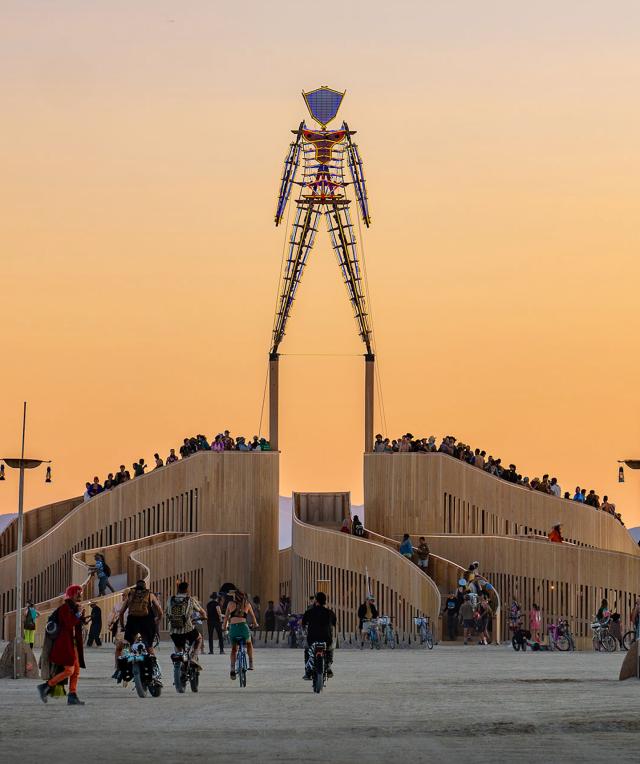
- The Temple:
Unlike the Man, which represents celebration, the Temple is a quieter, more introspective space. Participants often leave messages, mementos, and memorials here as a way to honor loss or personal journeys. The Temple is also burned, typically on the final night of the event, in a more somber, reflective ceremony.
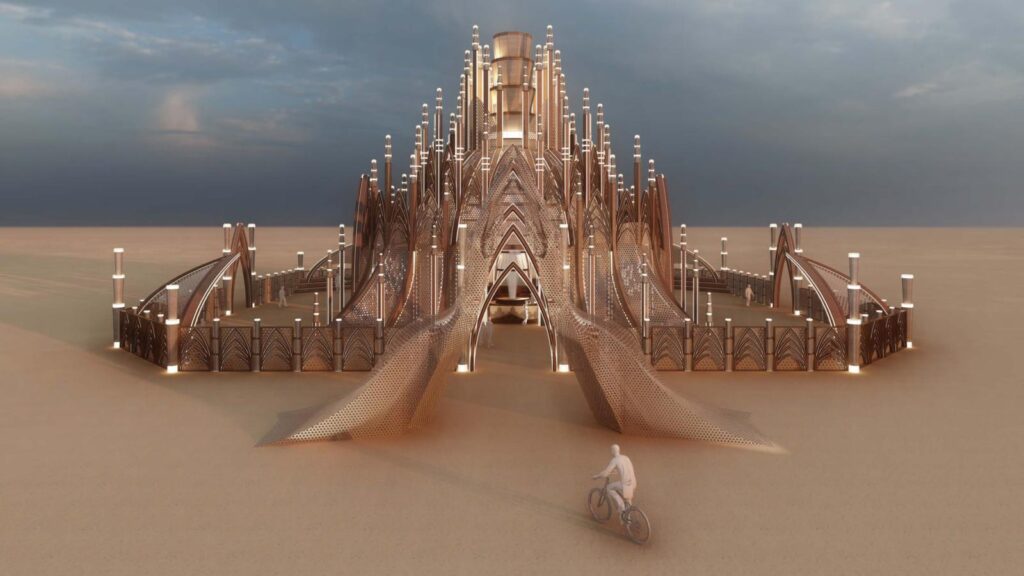
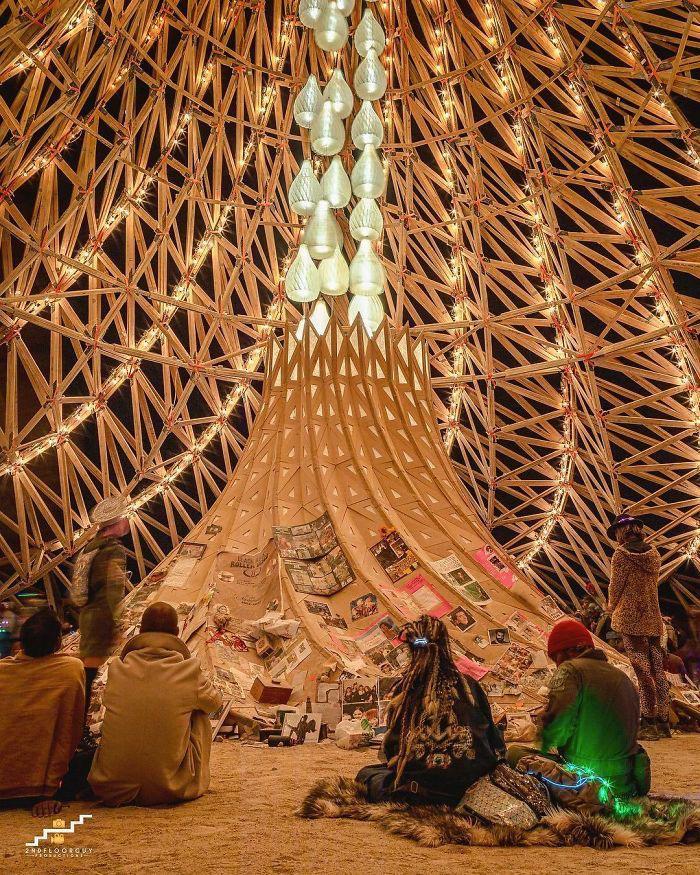
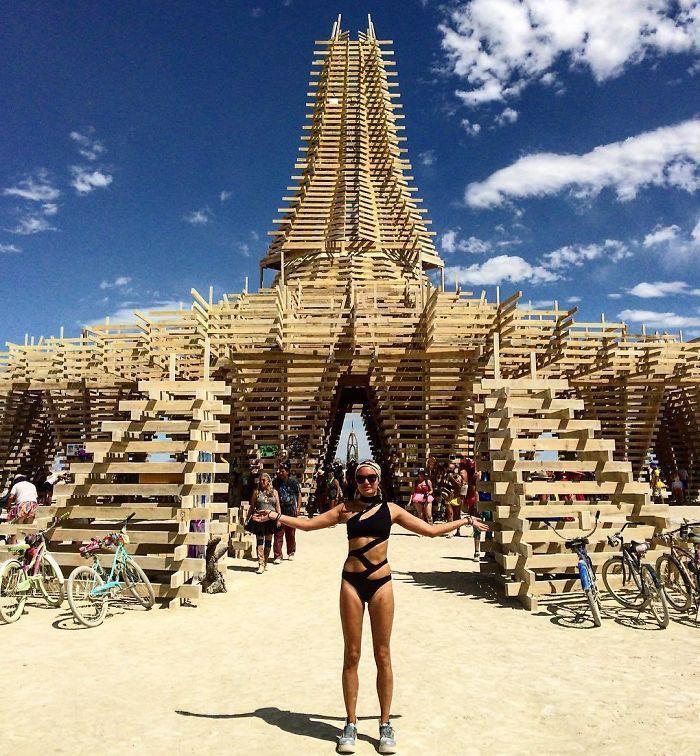
Community and Connection.
Burning Man is known for its strong sense of community and connection. Most participants, known as “Burners,” camp with themed camps or villages that contribute to the event’s atmosphere. Some camps offer music, performances, or workshops, while others host activities like yoga, meditation, or interactive art.
In Black Rock City, people communicate and interact openly, and the lack of financial transactions fosters a different kind of social environment focused on shared experiences.
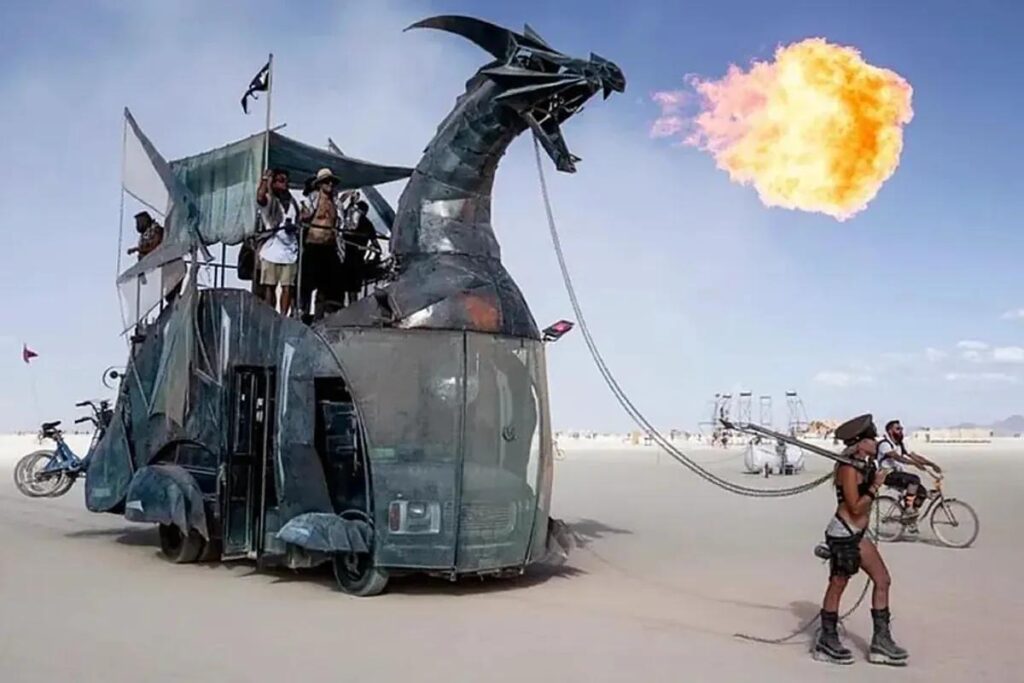
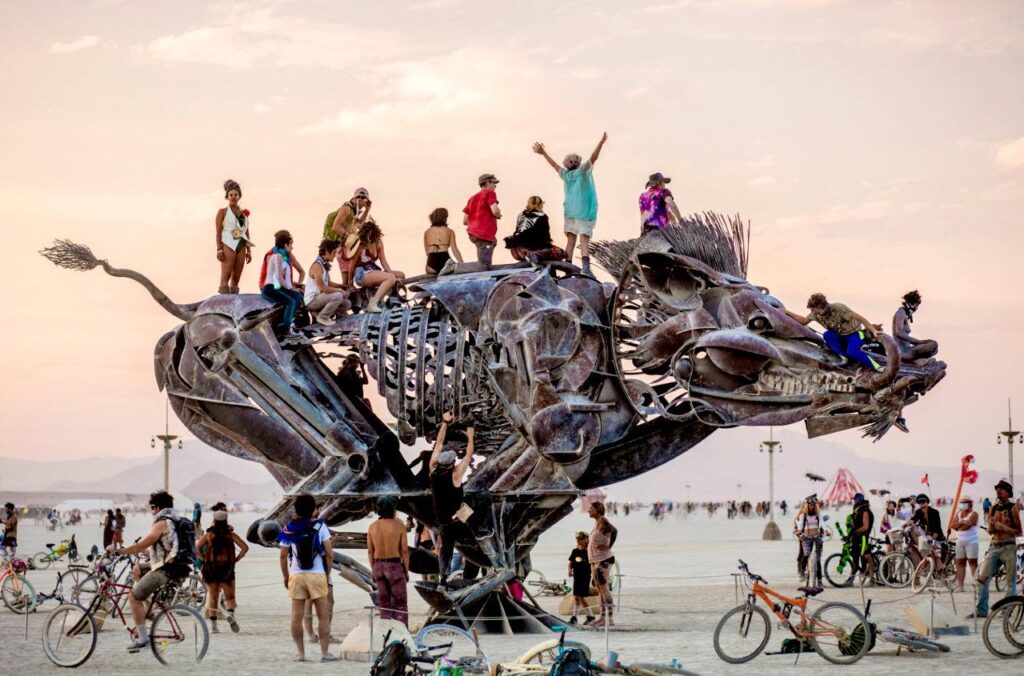
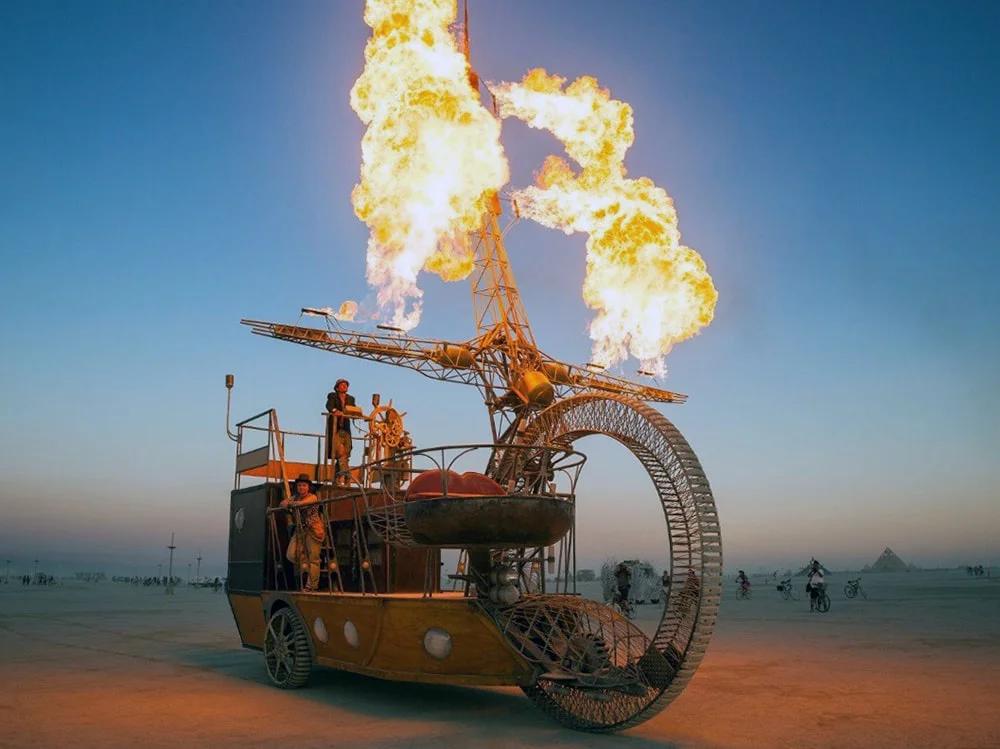
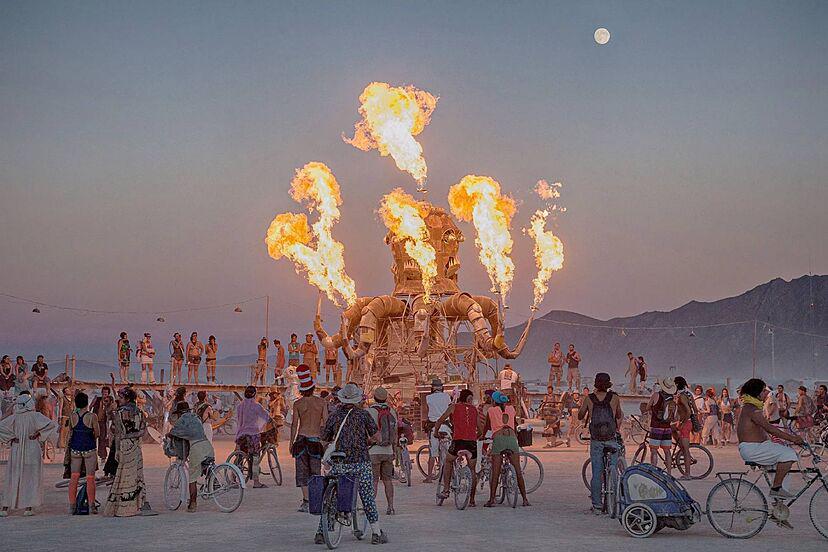
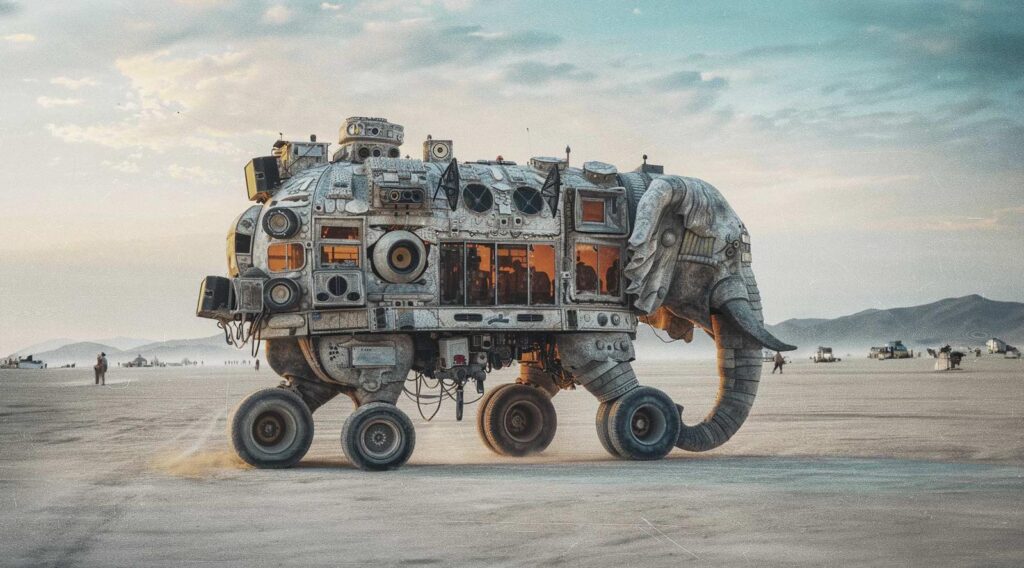
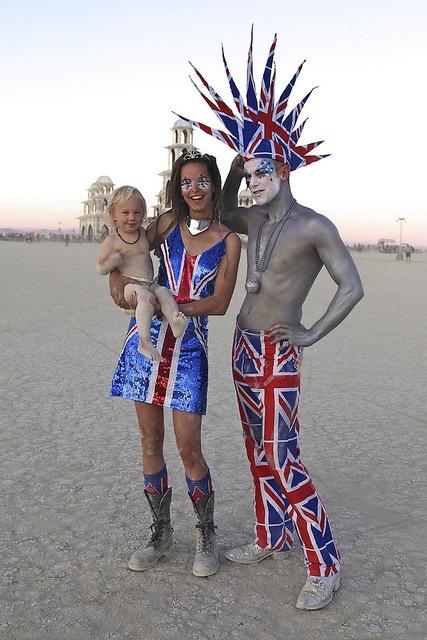
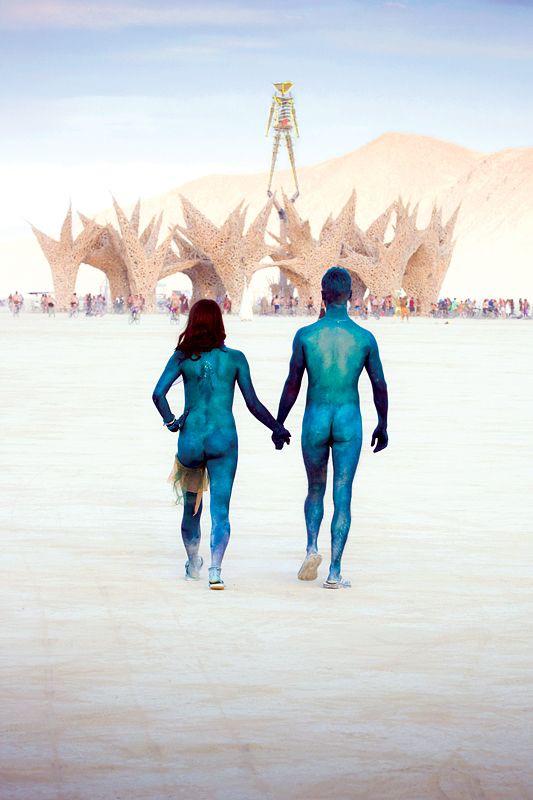
How Burning Man is Organized.
Burning Man is managed by the Burning Man Project, a nonprofit organization. Planning takes months, as Black Rock City is built from scratch each year. Volunteers play an essential role in various operations, from city planning and infrastructure setup to medical support, art support, and ranger services for safety.
The Burning Man Experience.
For many, Burning Man is an experience that defies easy categorization. It’s a place of experimentation, pushing personal boundaries, and finding new connections. Whether participating through creative expression, bonding with like-minded people, or experiencing surreal art installations, every attendee’s experience is unique.
Burning Man brings a deep, needed connection to the modern world, reminding us of the value of community, creativity, and self-expression. In an age where technology often isolates us, Burning Man offers a powerful space to disconnect from the everyday and connect meaningfully with others. Its principles—such as self-reliance, radical inclusion, and environmental awareness—encourage a way of life rooted in compassion, collaboration, and responsibility. Burning Man reveals a world where people come together to create and share, inspiring us to carry that spirit back into our communities. In this way, Burning Man is not just an event but a vision for a more connected and compassionate society.

